Generally, we've heard about military-grade attacks on the Palestinian civilians of Gaza (Gaza has been run by Hamas since 2005) as various cutely-named “Operations.” Operation "Summer Rains" in 2006, Operation "Autumn Clouds" that same year, Operation "Hot Winter" in 2008, etc. But the conflict in May 2021 has never received a name. The
difference was that Israel didn’t expect Gaza to decide to join the conflicts going on around Jerusalem.
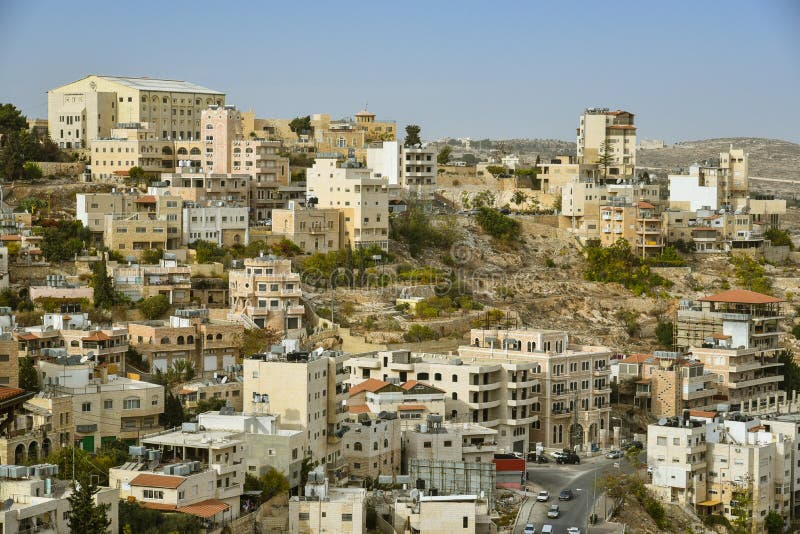
Sheikh Jarrah had six Palestinian families living in it. According to an Israeli law that we have seen many variations on over the decades since 1948, those families had to pay rent or otherwise acknowledge that Jewish Israelis were entitled to live there owing to the neighborhood having been previously occupied by Jewish families. This would be a
reasonably fair rule, but it's an entirely one-sided rule. Palestinians can't make any similar claims. The Palestinians of Sheikh Jarrah refused to make even symbolic concessions. despite the Israeli Supreme Court ruling against them.
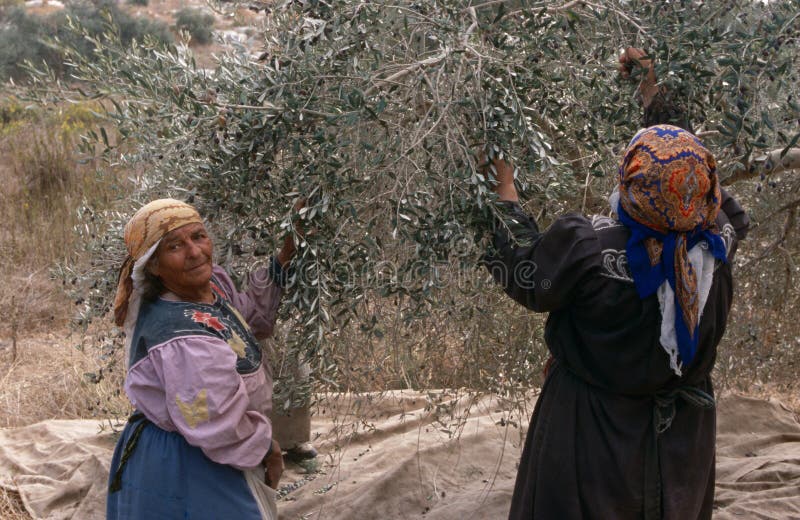
In a struggle that was going on at the same time and very close by, Israel was also trying to prevent Palestinians from 1948-occupied areas of Israel to attend a ceremony in the old city of Jerusalem at the Al-Aqsa Mosque. Hamas of Gaza decided to ally themselves with the residents of Sheikh Jarrah by demanding Israel withdraw from there and from the Temple Mount complex. They launched a barrage of rockets after Israel refused to budge. The one-sided battle (May 10 to 17) resulted in enormous damage to Gaza. Hamas launched 4,360 rockets towards Israel. As the rockets were small and unaimed, 12 Israeli civilians, including two children died.
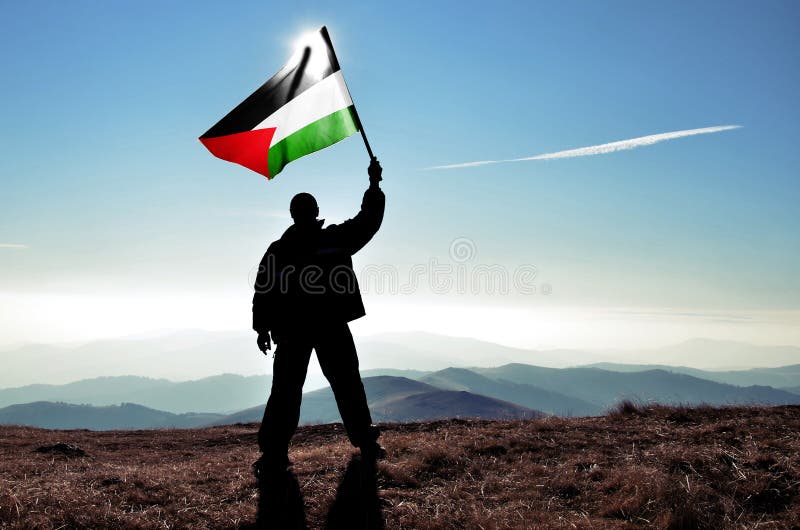
The UN Relief and Works Agency (UNRWA), which provide direct relief and works programs for Palestinian refugees, discovered after Israeli bombs hit one of its schools, that Hamas had dug a tunnel underneath the school. The tunnel did not begin or end on the school grounds, but apparently just traveled underneath it. The tunnel was unknown to
civilians, meaning it was dug for military purposes.
The war cost Gaza over 260 people, including 66 children and 41 women, and exacerbated previous traumas in particular among children. The World Bank estimated that up to US$380 million in physical damage and US$190 million in economic losses were caused.Recovery needs have been estimated up to US$485 million during the first 24 months. They also estimated that Gaza's GDP would contract by 0.3% in 2021 compared to an estimated 2.5% annual growth before the conflict.
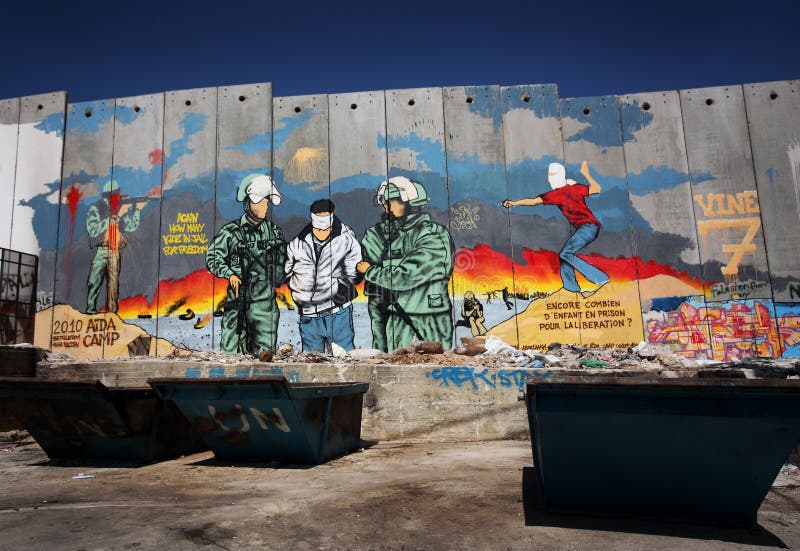
Four high-rise building in Gaza City were also destroyed. Israel warned inhabitants just before the strikes, so they had the chance to escape. Allegedly, the buildings were being used for military purposes, but there were several news agencies housed in one of them. One would think that reporters would have kept an eye out for people whose very presence
would be a danger to them. A quick search showed no updates, no Israeli defense of the attacks, meaning no one has provided evidence that any of the buildings contained any legitimate military targets.
A term that has been used for the political post-war time has been “habbet Ayyar” (May outburst). Palestinians inside Israel and Israel-occupied territory since 1948, with residents closing roads, throwing Molotov cocktails and putting up Palestinian flags in place of Israeli
ones. On May 12, Israel declared a state of emergency in Lydd for the first time since 1966 and imposed a curfew on the city as the war on Gaza began to unfold. Over 2,000 Palestinians had been arrested from then until early June. Palestinians were led by regular people within their own communities.
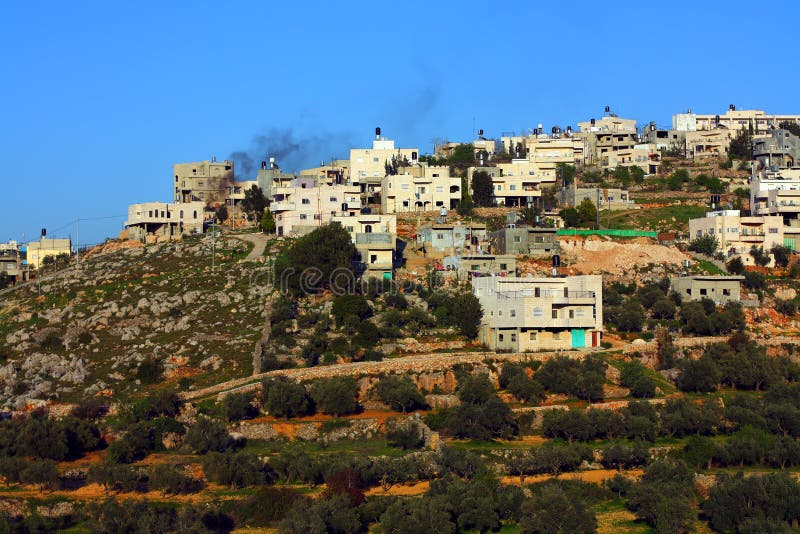
A very serious result of the May conflict was that Congress wanted to send Israel $1 billion for the Iron Dome missile defense system that defends against Palestinian short-range rockets. For the first time ever, members of Congress refused to vote for a shipment of military goods to Israel The vote was very small, but was an ominous first. Currently, the
appropriation isn’t passed yet, Senator Bernie Sanders Is insisting that the Iron Dome appropriation be coupled with humanitarian aid for Palestinians.
Senator Robert Menendez, chair of the Foreign Relations Committee, usually a strong supporter of Israel, says he’s “troubled” by reports of “innocent civilians” suffering at the hands of Israeli forces this past May. He assured Israel that he still supports them, but his statement is unusual and worth noting.

Turning to the question of Israel’s laws that permit Israel to seize properties that used to
belong to Jewish people, but do not permit Palestinians to seize properties that used to belong to Palestinians, we need to ask: “Is it antisemitic to protest such laws?” By protesting such an imbalanced judicial system, are we being insensitive to the Israeli need to survive as a Jewish state that’s surrounded by Arab states?
The NGO (Non-Governmental Organization) B'Tselem says Israel is practicing Apartheid. Human Rights Watch agrees. Both the Jewish Israeli population and the Palestinians who live within the boundaries of both Israel and the Occupied Palestinian Territories number 6.8 million each. If we insist that Israel must give equal right to Palestinians, then
isn’t that asking that Israel no longer be a Jewish state? Would such a demand be antisemitic as we’d be asking Israelis to give up something very precious to them or would it simply be asking for justice? After all, living under Apartheid is something no people would voluntarily do.

The Jewish comedian Sarah Silverman recently noted that progressives hardly ever mention Hamas. She identifies Hamas as a “terrorist” group and had some harsh words for them.
My own view on that is that I don’t think Israel draws any real distinction between Hamas, which runs Gaza, and Fatah, the Palestinian group that runs the West Bank. Both are under tight blockade by Israel, nothing and no one gets in or out without going through an Israeli
military checkpoint. Israel feels no obligation to let anything in that they have not approved. One could make the argument that since we’d like to see Palestinians have more unrestricted commerce with the outside world, that we’d “really” like to see the destruction of Israel and thereby, maybe we’re really just antisemitic.
Our idea is that we need to draw a distinction between wanting to annihilate the Jewish race, y’know “Drive them into the sea” (that is, being antisemitic) and between being critical of the policies of the state of Israel, that is, criticizing Israel as though it were a regular country.
